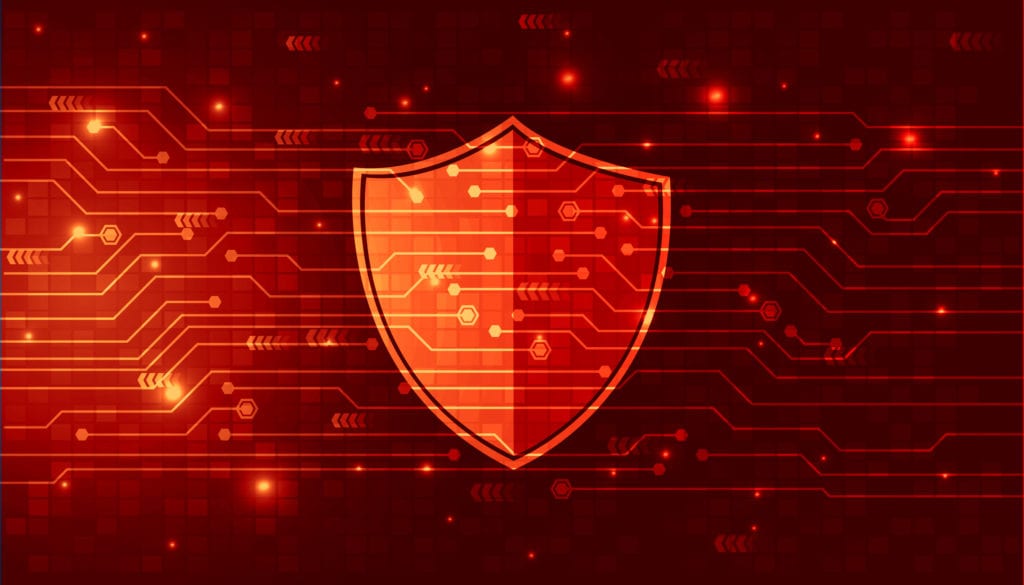
Ransomware attacks are devastating to a business and often impact all areas of its operations. But as we’ve seen from the recent May 7th attack on Colonial Pipeline, a ransomware attack can also have far-reaching consequences beyond the victim.
In the case of the pipeline attack, a major pipeline that provides about 45% of the gasoline, heating oil, and other petroleum-based products to the East Coast had to be shut down for five days. This caused a major run on gas across Eastern states and resulted in gas prices nationwide exceeding $3.00 per gallon.
Of all the types of cyberattacks, ransomware causes the most disruption to a business technology infrastructure. It’s designed to encrypt data, which can shut down access to email, CRM programs, scheduling systems, internal databases, and other software that is responsible to keep an organization running.
Colonial Pipeline ended up paying a ransom demand of close to $5 million to the attackers to regain access to its data so it could get the pipeline back into operation.
Approximately 56% of ransomware victims pay the ransom demand.
Unfortunately, companies often have to pay the ransom, which just causes more attacks and higher ransom demands.
Attackers see ransomware as a good business model when it keeps resulting in a payout. Large criminal underground organizations have even started selling Ransomware as a Service to less sophisticated hackers, thus democratizing these attacks.
Lessons to Learn from the Colonial Pipeline Attack
Ransomware is Only Getting Worse
Over the last 12 months, the cost of remediating a ransomware attack has more than doubled, from $761,106 to $1.85 million. The average ransom demand also continues to rise, with it currently being $170,404.
One more disturbing trend is that companies are still not properly prepared for ransomware attacks. Between 2020 and 2021, there was a 6% increase in the number of companies that end up paying the ransom.
The Colonial Pipeline attack has had many consequences, but another that threatens to impact the supply of meat has already occurred on May 31, 2021, to beef and pork producer JBS USA. The nature of the attack isn’t yet known, but it’s caused shutdowns of production plants in North America and Australia.
Because ransomware is only getting worse, preventing attacks and recovering from an attack if it happens should be major priorities for any business.
A Backup & Recovery Solution Can Keep You From Having to Pay
There are two main reasons that over half of ransomware attack victims have to pay the ransom:
- They don’t have a full, recent backup of all their data
- They have a backup, but can’t recover it quickly
Backup and recovery are vital to protecting against data loss of all types and ensuring your business isn’t down for days due to an attack. It’s particularly critical when it comes to bouncing back from a ransomware attack and avoiding payment of the ransom.
Not only should you have a managed cloud backup in place that keeps your data secure, but you also need to use a backup system that includes fast recovery of your data. This is best accomplished with a full-image backup of your systems.
Your Ransomware Attack Can Impact Your Customers & Vendors
Your company operations and sales aren’t the only things impacted when you suffer a ransomware attack. Your customers and vendors can also be impacted.
For example, in early April of this year, school was canceled unexpectedly in Haverhill, MA due to a ransomware attack. This impacted students and parents who had to scramble to make last-minute adjustments to their schedules.
Likewise, when a doctor’s office is attacked and systems are down, that can impact patients who have appointments canceled or testing facilities that an office may work with.
It’s important to consider the impact that a ransomware attack on your operations would have on those that depend upon your business.
Cybersecurity Basics Are Essential to Fight Ransomware
A ransomware infection happens the same way that many other attacks happen. It can be due to an employee clicking on a phishing email or malware taking advantage of an unpatched system vulnerability.
It’s important to ensure your company addresses cybersecurity basics. According to the Sophos 2021 Threat Report, “A lack of attention to one or more aspects of basic security hygiene has been found to be at the root cause of many of the most damaging attacks we’ve investigated.”
Some of the basics you should have in place are:
- Patch/update management
- Ongoing employee security awareness training
- Antivirus/anti-malware
- DNS filtering
- Email spam filtering
- Firewall with advanced threat protection
- Cloud backup & recovery solution
Get a Cybersecurity Checkup Today!
Pro Tech Guy can review your Framingham business IT security safeguards to ensure that you have enough protection in place to defend against ransomware and other online threats.
Contact us today to learn more. Call 508-364-8189 or reach us online.
